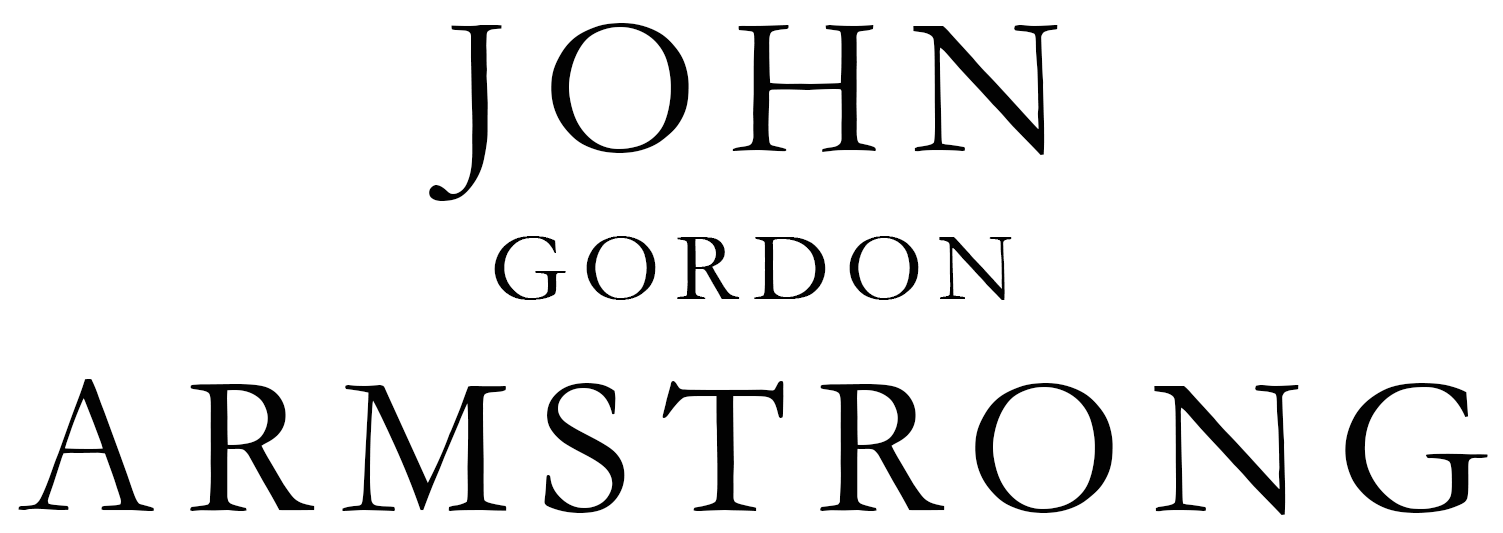La Guerre
Composed in 1997 for Harpsichord and Piano
1. Evanescent, improvisatory
2. Disturbed, frenetic
3. Lively, ironic
4. Meditative, with intensity
5. Very slow
La Guerre was conceived in the middle of the night, sometime in the months after November 11, 1996 (my son Patrick’s birthday). As I was lying on the couch in our living room with Patrick in his then favourite sleeping position — face down on my chest — my mind wandered… Why are some musics better received than others? … Why are violins more prestigious instruments that guitars? … Why is Michael Jackson famous but not me? … Feminist issues … power struggles … I know! I’ll write a piece for piano and harpsichord. It made sense at the time.
La Guerre started out as an attempt to address certain issues. I saw the relation of the piano to the harpsichord in terms of a power struggle; the piano is, after all, louder. Under what circumstances could the harpsichord be heard? Could it only be heard if the voice of the piano was suppressed or allowed itself to be suppressed? What kind of musical “arguments” could the harpsichord make that could be powerful enough to compete with, or even defeat those of the piano? And, I decided that it would be appropriate to use, as material, music by a historically neglected composer, Elisabeth Claude Jaquet de La Guerre.
Of course, as it turns out, I am a musician, not a politician, a polemicist or even a cultural historian. As I worked on the piece, things began to happen because they needed to happen musically, and the ideologies faded away. I discovered that the two instruments combined much better than I had imagined and that the issues of interaction between the instruments were no different and no more or less complex than those arising in any chamber music. La Guerre ended up as a loose set of variations, perhaps a fantasy, on the Sarabande from La Guerre’s suite in D minor for harpsichord. It ends with a quotation in canon with Elisabeth Claude Jaquet de La Guerre and the harpsichord having the final word.
La Guerre was premiered on January 26, 2001 by Jane Perry, piano and Karen Holmes, harpsichord.
